The Sustainable Development Goals (SDGs) were adopted by the United Nations in 2015, and aim to provide a blueprint for peace and security for all people and the planet. In recent years, the UN has encouraged organizations and governments to align their missions with the SDGs in order to promote awareness. Similarly, in the Model UN circuit, conferences strive to incorporate the SDGs whether it be through an adopted cause or service project. What most delegates don’t realize though, is that a great way to incorporate the SDGs, while highlighting the real impact MUN can have on the world, is by aligning committees and topics with the 2030 Global Goals. Without further ado, here are 17 Model UN topics inspired by 17 SDGs for you to incorporate into your next MUN conference!
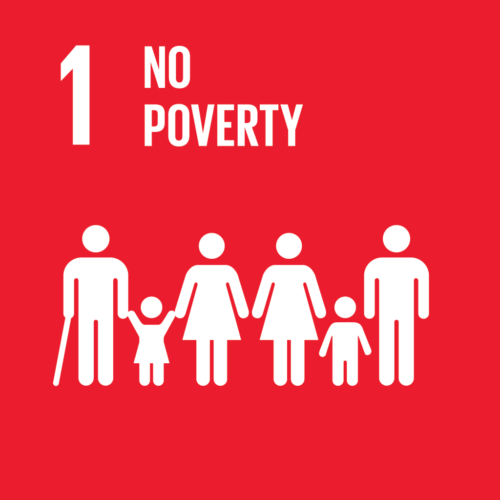
No Poverty
Committee: Social, Humanitarian, and Cultural Committee (SOCHUM)
Topic: Ensuring the Resilience of the Poor and Reducing their Vulnerability to Climate – Related Extreme Events
According to a 2017 study by the Brookings Institution, low-income communities are more vulnerable to the risks of natural disasters, and struggle the most to recover. This vulnerability stems from a lack of infrastructure and access to resources such as shutters, generators, food, and medicine. This committee will be tasked with improving the infrastructure of low-income communities and discussing how to increase the availability of disaster relief resources.
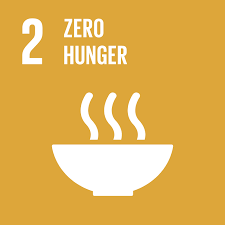
Zero Hunger
Committee: United Nations High Commission on Refugees (UNHCR)
Topic: Food Security in Refugee Camps
Refugee camps, by nature, often exist in areas of extreme conflict and are extremely overcrowded, thus placing access to food in jeopardy. The delegates of the UNHCR must ensure that programs are put in place to ensure that all refugees receive the proper amounts of food necessary for a healthy lifestyle. Delegates will face questions such as what type of food assistance is the most appropriate (in-kind food, cash, vouchers, or combination), how to maximize nutritional value, how to ensure access to food in conflict zones, and how to provide long term solutions that support self-resilience.
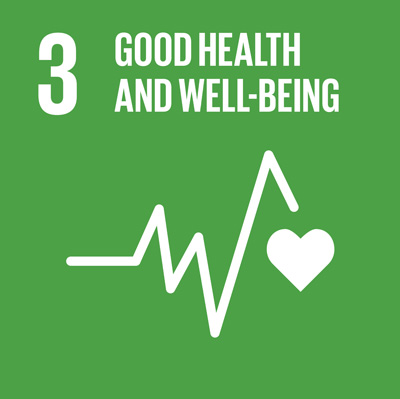
Good Health and Well-Being
Committee: World Health Organization
Topic: Disease Control in Humanitarian Emergencies
Following major conflicts or natural disasters, large amounts of people are often displaced and relocated to temporary locations with high population density. The World Health Organization has assessed that those affected are often at a higher risk for disease due to inadequate food and shelter, unsafe water, and poor sanitation. Delegates must work together to ensure the health and well-being of those impacted by humanitarian emergencies. The committee must address how to provide operational support during crises, strengthen partnerships with local organizations, provide technical support, and improve training workshops/education.
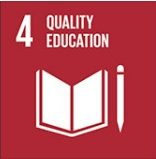
Quality Education
Committee: United Nations Educational, Scientific, and Cultural Organization (UNESCO)
Topic: Improving Literacy Rates Among Indigenous Peoples
Closing the gap between indigenous communities and the rest of modern society has been at the forefront of UNESCO’s work since its inception in 1945. Now, over seventy years later, improving education in indigenous communities is still at the center of UNESCO’s mission. In this committee delegates will be tasked with improving literacy rates among indigenous people. This is an extremely difficult task due to the fact that are over 4,000 vastly different indigenous languages in the world. In Cambodia, for example, the literacy rate for those who do not speak Khmer is over 30% lower than the national literacy rate. Therefore, delegates must discuss how to increase literacy rates while still preserving the culture and languages of indigenous groups.
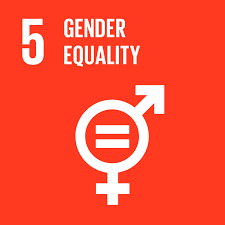
Gender Equality
Committee: Commission on the Status of Women (CSW)
Topic: Broadening the Scope of Women’s Citizenship, Leadership, and Political Participation in Transition Countries
One key focus of the CSW is to ensure that transitions are fully inclusive and democratic, meaning that they respond to the needs and priorities of women and girls. Delegates will have to ensure that inclusive national dialogue is being fostered and that transition countries adopt gender-responsive policies. They also must address the need for governments to make national budgets supportive and committed to gender equality, and strengthen partnerships between both governments and NGOs.
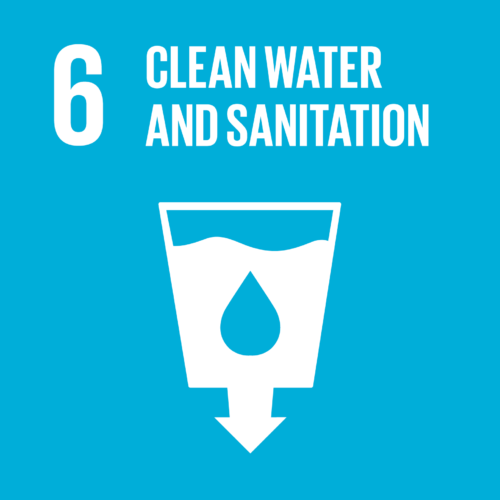
Clean Water and Sanitation
Committee: United Nations Economic and Social Council for Asia and the Pacific (UNESCAP)
Topic: Water Security in Asia and the Pacific
The Asia-Pacific region holds 40% of the world’s population and is experiencing exponential growth across multiple sectors. This growth, coupled with climate-related disasters and deficiencies in water and sanitation, has made the issue of water security the main challenge to the region. Although the rate of access to water has reached 88% is some areas, access to sanitation is well below 53%. This discrepancy has left millions without the clean water necessary for survival. Thus, delegates of UNESCAP must work together to ensure that both enough water is being supplied to the growing population and that proper sanitation methods are put in place.
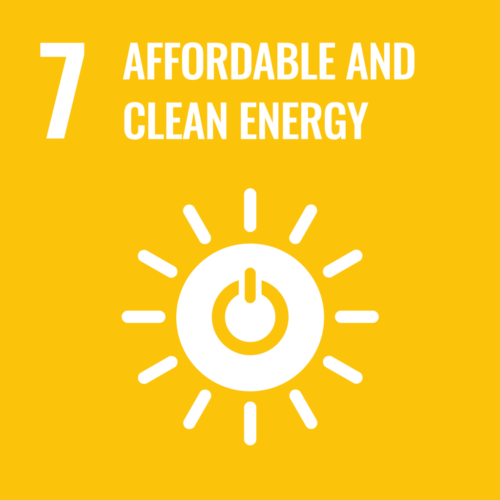
Affordable and Clean Energy
Committee: International Energy Associate (IEA)
Topic: Supplying Sustainable Energy Sources to Small Island Developing States
Access to sustainable energy sources is often connected to social, economic, and environmental issues in Small Island Developing States (SIDS). Many SIDS are also overly dependent on imported fuel and suffer from low electricity access rates. For example, the island nation of Papua New Guinea has the lowest electricity access rate in the world. Nevertheless, these island nations possess great potential for sustainable energy sources such as solar and wind panels. Delegates in this committee will discuss how to decrease dependency on oil, stimulate economic growth, and increasing energy aid commitments to SIDS, which was only 4.13 billion USD in 2016.
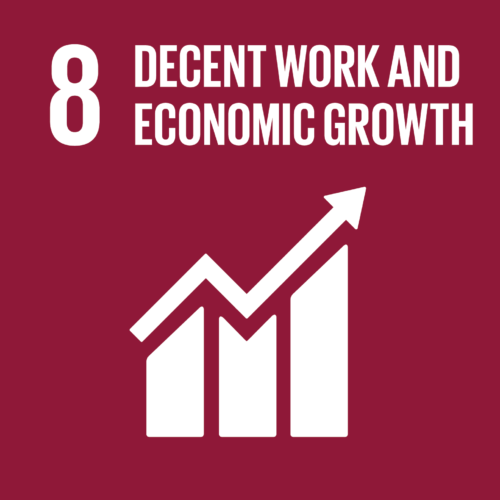
Decent Work and Economic Growth
Committee: The United Nations Children’s Fund (UNICEF)
Topic: Eliminating Child Labor
Recent data from UNICEF and the World Bank suggests that over 168 million children ages 5 to 17 are caught in the chains of the child labor system, depirved form their childhood, education, and health. The worst forms of child labor include slavery, forced labor, child soldiering, sexual exploitation, and drug trafficking. Despite steady declines, though, over 100 million children are expected to still be caught in the system by 2020. That being said, the work of this committee to tackle child labor is more important than ever. UNICEF believes that in order to prevent child labor, children must be placed at the center of programs designed to protect their rights. Delegates in this committee will discuss the most effective ways to end child labor, including helpng communities change their their cultural acceptance of child labor, and provindg income, education, and protective services to families.
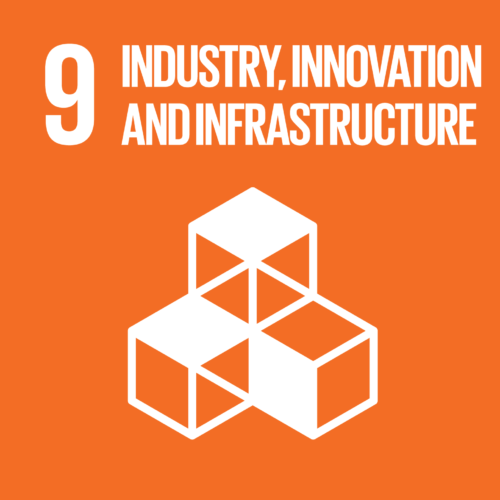
Industry, Innovation, and Infrastructure
Committee: The African Union
Topic: Bridging Africa’s Digital Divide
Target 9.C refers to providing universal and affordable access to the internet by 2030. The reality, though, is that the gap between those who have access to information and communication technologies (ICTs) is widening throughout Africa. Currently, only 11% of the world’s internet subscribers are African while only about 35% of Africans use the internet. In order to provide adequate services such as education and healthcare, in the modern world, it is crucial that accessibility to ICTs are increased. Delegates in this committee must address divides between specific populations such as men and women and urban and rural. They also must discuss how to make ICTs more affordable while ensuring self-sustainability of the African continent.
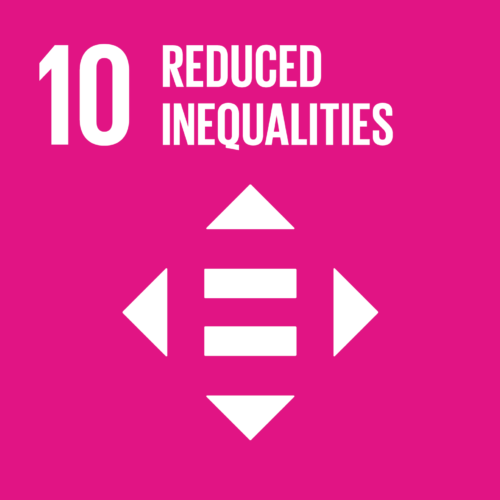
Reduced Inequalities
Committee: Social, Humanitarian, and Cultural Committee (SOCHUM)
Topic: Combating Racism, Xenophobia, and Related Intolerance
In recent years there has been a noticeable rise in violent attacks and hate crimes on minority groups. One of the main contributing factors to this increased intolerance is the radicalization of online groups. Far-right groups have used online and community platforms to convert people to ideologies that create divisions. One example of intolerance that has been on the rise is Islamophobia, which has mainly stemmed from the belief that Muslims support terror. Xenophobic descrimination, though, exists around the world and targets countless groups such as the LGBTQ community and indigenous peoples. The delegates of this committee must ensure that each and every citizen of this world received the liberties and freedoms guaranteed to them by the Declaration of Human Rights.
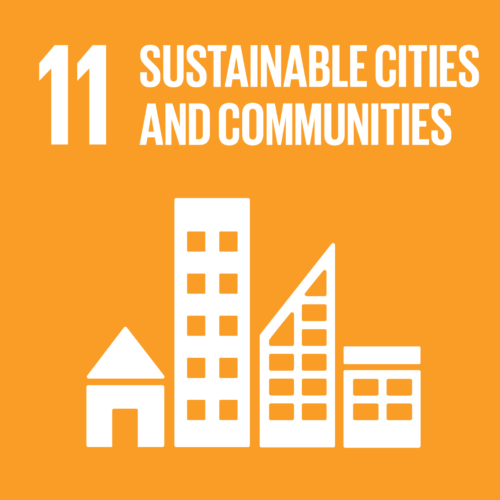
Sustainable Cities and Communities
Committee: United Nations Educational, Scientific, and Cultural Organization (UNESCO)
Topic: Protection of Cultural Property in Times of Armed Conflict
In alignment with target 11.4 which states, “Strengthen efforts to protect and safeguard the world’s cultural and natural heritage” delegates in this committee must address the sad reality that throughout history, many cultural sites have been damaged or destroyed in war. In Syria, for example, the country’s six World Heritage Sites were placed on UNESCO’s list of endangered sites. Since the onset of the civil war, hundreds of sites around the country have been subject to shelling, looting, occupation, and demolition. The destruction of cultural sites, though, is not an issue confined only to Syria. The delegates of UNESCO must confront this occurrence head on and work together to ensure the preservation of both history and tradition.
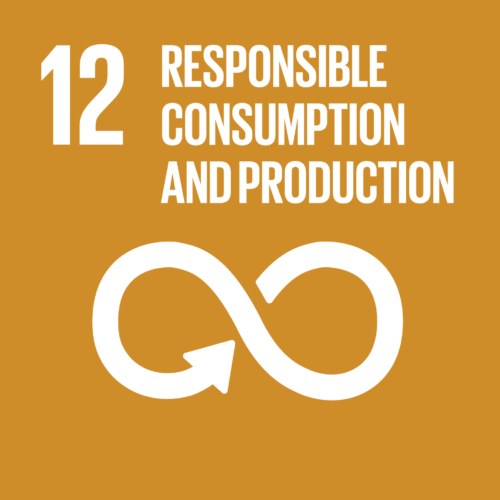
Responsible Consumption and Production
Committee: United Nations Environment Program (UNEP)
Topic: Promoting Sustainable Mining Practices
Small-scale, illegal miners place both the environment and human lives in danger by using harmful chemicals such as mercury to extract precious metals. According to data from the UNEP, 20% of the world’s gold comes from illegal miners who employ over 15 million people, including 600,000 children, to work with toxic chemicals. Contaminated soil and water also places neighboring communities at high risk for chemical poisoning. Delegates in this community will be working to advance previous solutions, such as the Minamata Convention, and develop their own lasting solutions to the issue.
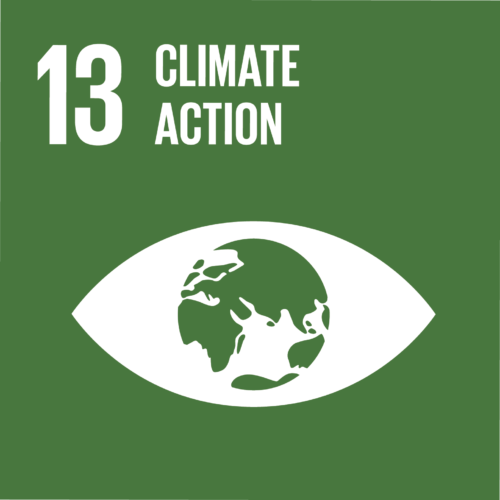
Climate Action
Committee: United Nations Environment Program
Topic: Promoting the Development and Accelerated Transfer of Environmentally Sound Technologies for Low Carbon and Climate Resilient Development to Developing Countries
Climate change has been on the forefront of the UN’s agenda for years. With conditions worsening more rapidly than ever, delegates of the UNEP must come together to discuss how to effectively develop and transfer environmentally friendly technologies to developing countries. This includes creating access to information and knowledge on climate technologies as well as improving local innovation capacities.
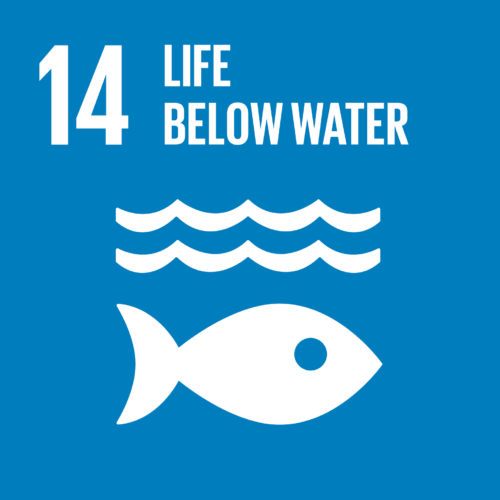
Life Below Water
Committee: United Nations Educational, Scientific, and Cultural Organization (UNESCO)
Topic: Minimizing and Addressing the Impact of Ocean Acidification
Research has revealed that ocean acidification has increased by 30% since the industrial revolution. This is due to human activities that release carbon dioxide, which is then absorbed by the oceans and converted to carbonic acid. This greatly affects the lives of sea creatures by corroding their shells and skeletons, thus making it impossible for them to live. Delegates must address this growing concern by working to protect coastal areas and decrease carbon emissions in order to ensure a safer future of life below water.
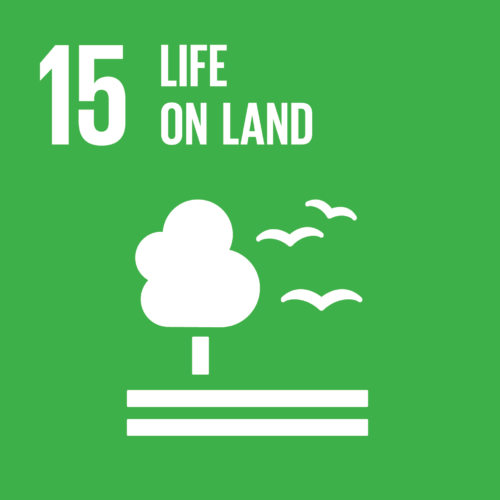
Life on Land
Committee: World Tourism Organization (WTO)
Topic: Protecting Biodiversity in the Tourism Industry
Tourists often visit a destination to experience the rich biodiversity that region has to offer. Nevertheless, many tourists fail to respect the environment or the organisms living in it. Delegates from this committee must work to both promote tourism in order to generate revenue as an alternative livelihood for local communities and protect the biodiversity of tourist destinations. This includes, but is not limited to, ending poaching efforts in Africa and protecting natural resources.
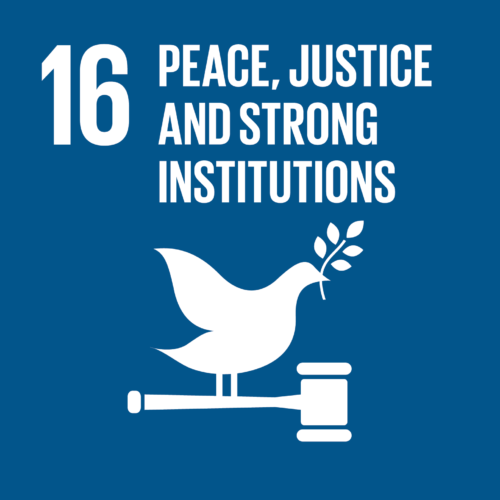
Peace, Justice, and Strong Institutions
Committees: Disarmament and International Security Committee (DISEC)
Topic: Reducing the Illicit Arms Trade in Africa
The illegal trade of small arms in Africa is a growing issue that places millions of people in danger. Many of the weapons circulating through the illegal arms trade are seized or stolen government forces, looted from armories, purchased from corrupt soldiers, or stolen from private owners. In January 2000, for example, over 550 assault rifles, machine guns, grenades, and over two ton of ammunition were seized from peacekeepers in an ambush by Sierra Leonean rebels. These weapons are often used in armed conflicts by child soldiers or rebel groups and place many civilian lives at risk. Thus, delegates must advance existing programs and develop new solutions in order to ensure peace across the African continent.
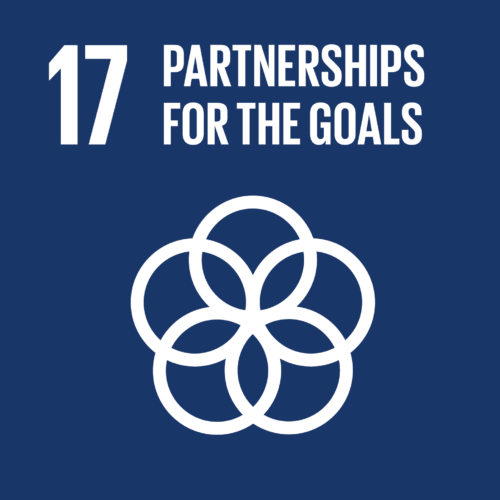
Partnerships for the Goals
Committee: Economic and Social Council (ECOSOC)
Topic: Mobilizing Financial Resources for Developing Countries for Sustainable Development
A key challenge to reaching the sustainable development goals by 2030 is that many developing nations do not have the economic resources to do so. Providing basic necessities such as education, healthcare, clean water, and food is not possible for many developing countries which comprise about 92% of the world’s population. In addition to necessities, these countries do not have the financial infrastructure to create new programs that address the SDGs, such as gender equality and climate initiatives. This committee has been convened so delegates can create a plan that allows developing countries to contribute to action for the global goals while promoting self-sustainability and economic growth.


